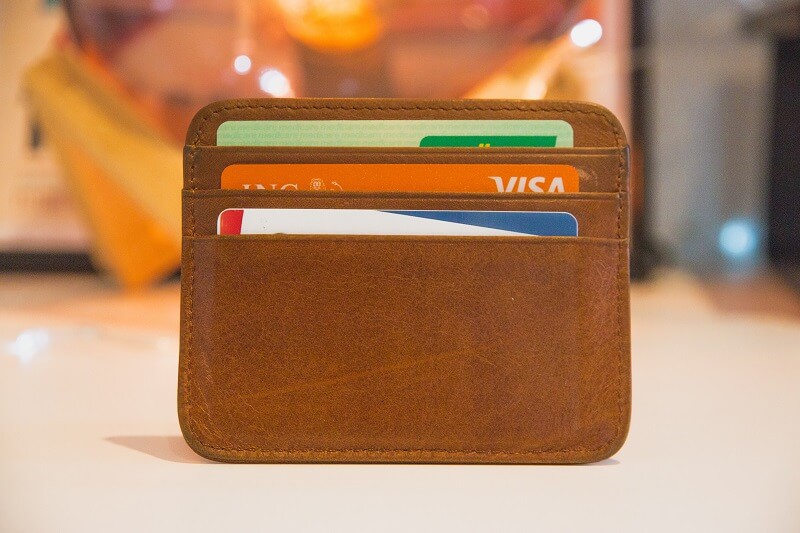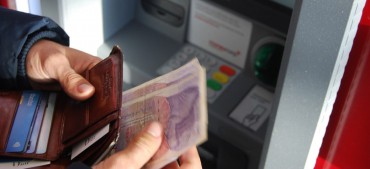
All types of bank accounts that may help you manage your money
By Guy Avtalyon
According to Merriam Webster Dictionary bank account is “an account with a bank created by the deposit of money or its equivalent and subject to a withdrawal of money (as by check or passbook)”
A bank account can help you to manage your money, keep track of your savings and spending.
Your earnings can be paid into your account. By using a bank account you can pay bills, shopping, and get money. You can do this by visiting a bank or if you use the bank’s ATMs. Also, you have access to your bank account by using the phone or computer, anyway, online.
The good thing is, you can receive interest on your deposits if you have some types of accounts.
You can have different bank accounts depending on your demands or needs. You can have all of them but it is smart to keep your money into the best account.
First, let’s gonna see what types of bank accounts we have.
Checking account
A checking account allows you a comfortable path to your money. You can access your checking account for your regular needs but at the same time, it serves to hold your cash safe. At any time, you can use a debit card or checks to buy good or whatever or pay your bills. This type of bank accounts may have different packages. That will help you to avoid some monthly service fees. It can be beneficial. To find the most cost-effective option all you have to do is to analyze the advantages of different packages with the services you really need.
Savings account
A savings account lets you collect interest on the amount you’ve saved for the future. Interest rates can be compounded on a daily, weekly, monthly, or annual base. Savings accounts can be different due to monthly fees, interest rates, the system employed to add interest, and minimum opening deposit. You have to choose the account that will best suit your demands.day
Certificate of Deposit (CD)
This type of accounts provides you to invest your money at a fixed interest rate for a strictly defined period in the range from a few months to several years. CDs usually have higher interest rates than traditional savings accounts. The reason behind is the money you deposit is bound for the life of the certificate. Take care of this type of bank accounts. If it does not need, don’t touch those funds before you open a CD. Early withdrawals may have penalties.
Money market account
This type of bank accounts is like savings accounts. But if you want to avoid monthly service fee you have to have a higher balance. While savings accounts have a set interest rate, these accounts have rates that change normally depending on money market changes. These accounts may have several levels of interest rates. You will have more beneficial rates for a higher balance.
Individual Retirement Accounts (IRAs)
Individual retirement accounts (IRAs), provide you to save separately for your retirement. These accounts are valuable if your company doesn’t offer retirement privileges or you simply want to save more than its plan allows. You can recognize two types of these accounts: the traditional IRA and Roth IRA. The Roth IRA is attractive because the money can be withdrawn without paying tax in various circumstances. But you may prefer traditional IRAs because these types may be tax-deducted. Both types have limits and other conditions you may want to consult your tax advisor before choosing any.
Before you open a bank account
Before you open a bank account, here are some things to review.
For all accounts, it is crucial to know what is the minimum deposit needed to open an account. How much of the interest you will receive and how to calculate it? What fees or charges are involved?
For savings and current accounts, you have to know what is the minimum balance needed. How much will you have to pay if your account falls below the minimum balance? What are the limits for withdrawal at the bank directly or ATM?
Will you pay any penalties if you close your account earlier? Is your current account charges for cheques?
If you have a fixed deposit, will it be automatically rolled over on the maturity date? What will happen if you withdraw some part or all your deposit before maturity? Will you have any penalties or charges and how much?
Opening or closing a bank account
The bank will give you an application form and ask for supporting documents, also. So it is smart to have the info about them before opening an account. For all banks, you will need proof of identification, for example, but some will require more. This is because the bank has to know its client’s profile.
When it comes to the closing of the account, the bank may charge you some fee if you do it before the pre-arranged date. Some banks will lessen the interest you would have earned.
But all of this you have to know before you open any type of bank accounts.



Leave a Reply